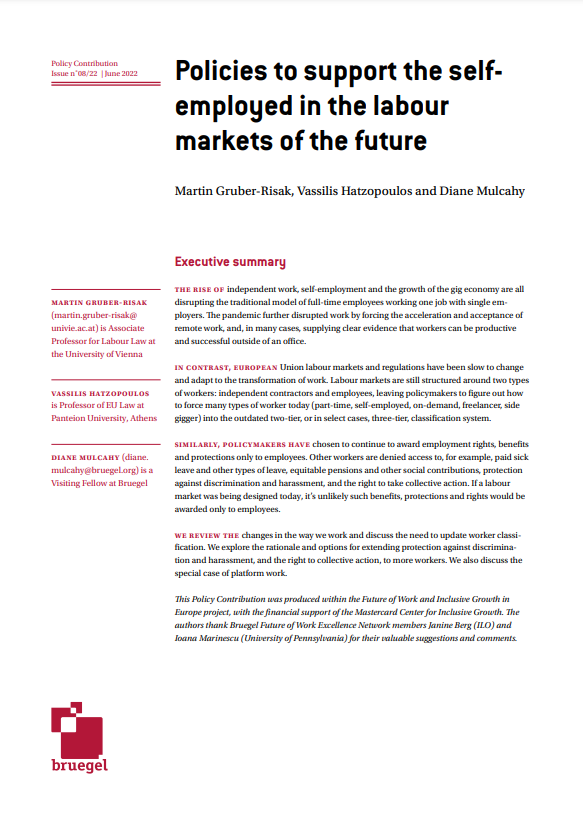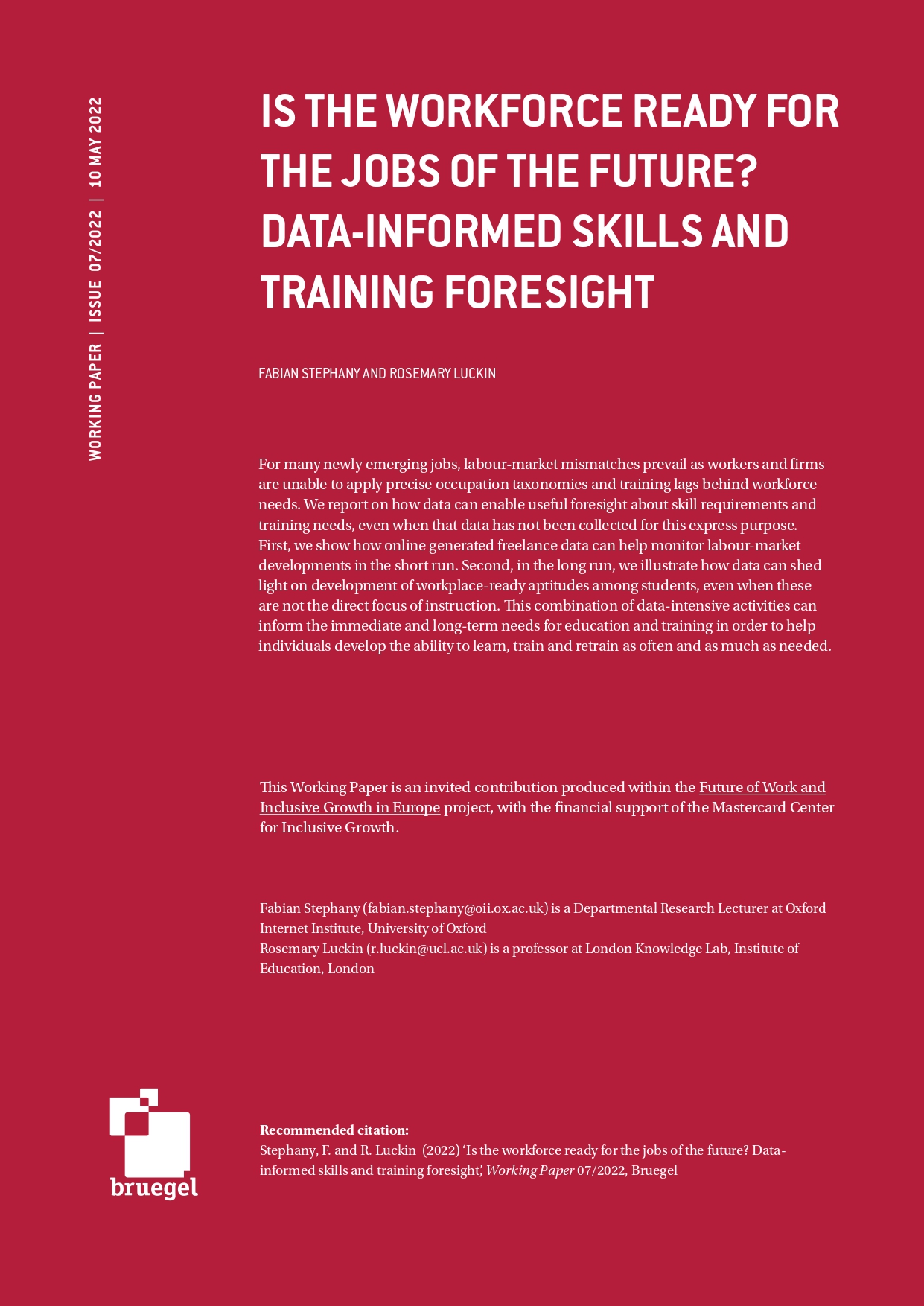Blog Post
What do vaccination passports mean for Europe?
To the extent that vaccination against COVID-19 stops individuals infecting others, restrictions on vaccinated individuals’ rights should be lifted: fundamental freedoms should not be limited unnecessarily. Nevertheless, acceptance of vaccination passports depends on whether the vaccination allocation timeline is perceived as fair.
The sudden reappearance of national borders within the European Union because of travel restrictions, self-quarantine and test requirements – all differing depending on the country – has underlined the importance of a right that Europeans sometimes take for granted: the free movement of people. Both the EU Treaty and the Schengen agreement, which define and guarantee this basic principle of EU citizenship, allow border checks to be re-established for health reasons. Restrictions of movement rights as well as severe domestic restrictions on fundamental rights have of course been tools to limit the spread of COVID-19. These policies are justified because every individual could impose possibly major costs on others (negative externalities, in economists’ jargon) by spreading the virus.
The availability of vaccines and the logistics of organising mass vaccination will be key determinants of the post-COVID-19 economic recovery, and also the ability to increase mobility and reduce restrictions within and between countries. So far, the vaccine rollout in the EU has been slow, and vaccines may only become widely available in Europe after mid-2021. Here, we explore to what extent vaccination should allow restrictions on the individual to be lifted in the interim.
The first question is whether a vaccinated person can still be infectious. Even if research on this is not yet conclusive, it may be reasonable to assume that vaccination can reduce the externality: vaccinated individuals will be less likely to spread the virus. If so, there seems to be no reason to continue to deprive those individuals of their fundamental rights. Worse, doing so would be akin to what occurs in freedom-denying authoritarian states. How can one force an individual into quarantine after foreign travel if he or she is not infectious?
As a result, a growing number of countries, including in the EU, have been considering the introduction of so-called ‘vaccination passports’ which should provide their holders with easier access to certain services including travel. In the EU, Greek prime minister Kyriakos Mitsotakis has been the most vocal proponent of such a solution, calling for the adoption of common EU standards to ease travel. European Commission president Ursula von der Leyen has stated that she is in favour of vaccination certificates, while leaving open the question of whether this certificate alone should enable unhindered travel. EU heads of government will discuss the issue on Thursday (21 January) but many have already come out in favour (Denmark, Cyprus, Poland, Belgium, Estonia, Spain).
But there has also been resistance. In France, the idea was quickly ruled out, challenged both by popular opposition and legal hurdles. Some legal experts have argued that, as long as the vaccine is not truly accessible to all, conditioning access to certain services would be discriminatory. And doing so would require clearly laying out exemptions for individuals who cannot be vaccinated (such as pregnant women or individuals with potentially severe allergic reactions).
These legal hurdles are by no means insurmountable. For a variety of diseases, many European countries already enforce some form of mandatory vaccination rule, meaning that access to certain services (most frequently, schools) is conditional on inoculation against listed diseases. Figure 1 summarises these vaccination requirements. In 2020, Germany joined the ranks of countries with mandatory vaccination rules in an effort to contain a new measles outbreak. Italy and France have both increased the number of mandatory vaccines in recent years.
The most compelling objection to an immunity passport might be the possible loss of social cohesion. A vaccination passport could be perceived as unfair as long as vaccines have not become available to everyone. Countries are able to restrict access to school for children who are not vaccinated against measles because the measles vaccine is widely available. Thus, acceptance of the idea that those who are vaccinated first should immediately recover their fundamental rights depends on whether the vaccination allocation timeline is perceived as fair. The Indonesian vaccination strategy for instance, prioritising the younger, working-age population (supposedly because the vaccine has not been tested in Indonesia on the elderly), has attracted much criticism, bringing into question tolerance for the fragmentary recovery of fundamental freedoms. That may seem extreme by European standards. And yet, local administrators have reportedly suggested that richer regions should get larger shares of vaccines to prompt economic recovery. Empirical models may indicate that super-spreaders should be vaccinated first, rather than the vulnerable.
In the EU, national authorities are in charge of developing vaccination priorities. While these have not always been vetted by national parliaments, they have been decided by elected officials and presumably are democratically and politically accepted. If the public perceives these priorities as fair, it could open up the possibility of reducing restrictions for those who have already been vaccinated, while maintaining them temporarily for the rest of the population.
One possible counterargument is that in EU countries, vulnerable individuals are unfortunately not treated in the same way. While the European Commission has led EU efforts to procure vaccines through a centralised scheme, the distribution of vaccines to EU countries is being done on a per-capita basis, ignoring the different age structures, in other words the main drivers of vulnerability, of each country. Table 1 summarises, for selected European countries, the share of total EU population and the share of total EU population above 65. Based on its total population, Italy is receiving 13.51% of the vaccines procured by the European Commission. But if distribution was done on the basis of the share of the EU population aged over 65 (a major risk factor with COVID-19), Italy would receive 15.2% of vaccines. Meanwhile, with its younger population, Poland is significantly better off with the current distribution scheme. Assuming similar vaccination rates and within an immunity passport framework, this suggests that young Polish citizens will be free to travel before young Italian citizens, simply because of their country’s population age structure.
This issue is even more striking on a global level. Rich countries have been able to begin their vaccination campaigns much sooner than poor countries and everything indicates that the correlation between higher GDPs per capita and higher shares of vaccinated individuals will only strengthen in the months to come. Will rich countries only allow travellers to enter if vaccinated, essentially excluding individuals from poor countries? Will global air travel depend on vaccination certificates?
There are no easy answers to these questions, and policymakers will likely struggle to strike the right balance. To the extent that vaccination prevents individuals from being infectious, restrictions on rights could be lifted. To ensure social acceptability, the distribution of vaccines should be based on democratic support. Decisions on distribution are fundamentally important, affecting life and death and social acceptability. Continuing to restrict the freedoms of non-infectious individuals seems unacceptable. It is not a question of privileges but rather of fundamental rights, the removal of which only grave externalities can justify.
Recommended citation:
Jeanrenaud, L., M. Mariniello and G. Wolff (2021) ‘What do vaccination passports mean for Europe?’ Bruegel Blog, 20 January
Republishing and referencing
Bruegel considers itself a public good and takes no institutional standpoint. Anyone is free to republish and/or quote this post without prior consent. Please provide a full reference, clearly stating Bruegel and the relevant author as the source, and include a prominent hyperlink to the original post.






